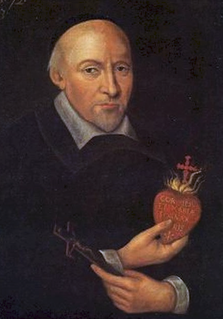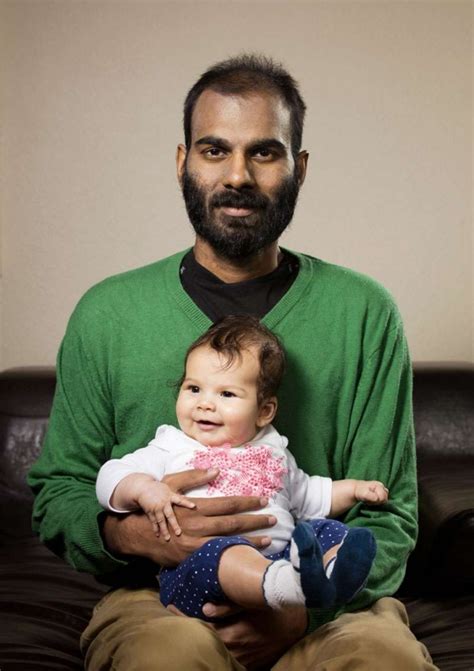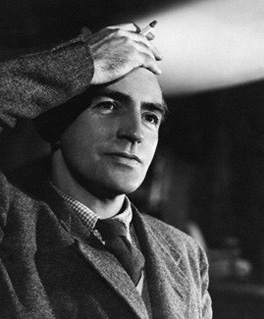A Quote by Henry James
We must grant the artist his subject, his idea, his donn´e: our criticism is applied only to what he makes of it.
Related Quotes
Clearly the hardest thing for the working artist is to create his own conception and follow it, unafraid of the strictures it imposes, however rigid these may be... I see it as the clearest evidence of genius when an artist follows his conception, his idea, his principle, so unswervingly that he has this truth of his constantly in his control, never letting go of it even for the sake of his own enjoyment of his work.
To teach effectively a teacher must develop a feeling for his subject; he cannot make his students sense its vitality if he does not sense it himself. He cannot share his enthusiasm when he has no enthusiasm to share. How he makes his point may be as important as the point he makes; he must personally feel it to be important.
It is a mistake to talk about the artist looking for his subject. In fact, the subject grows within him like a fruit and begins to demand expression. It is like childbirth. The poet has nothing to be proud of. He is not master of the situation, but a servant. Creative work is his only possible form of existence, and his every work is like a deed he has no power to annul. For him to be aware that the sequence of such deeds is due and ripe, that it lies in the very nature of things, he has to have faith in the idea; for only faith interlocks the system of images for which read system of life.
Good work is no done by "humble" men. It is one of the first duties of a professor, for example, in any subject, to exaggerate a little both the importance of his subject and his own importance in it. A man who is always asking "Is what I do worth while?" and "Am I the right person to do it?" will always be ineffective himself and a discouragement to others. He must shut his eyes a little and think a little more of his subject and himself than they deserve. This is not too difficult: it is harder not to make his subject and himself ridiculous by shutting his eyes too tightly.
In common with other artists the photographer wants his finished print to convey to others his own response to his subject. In the fulfillment of this aim, his greatest asset is the directness of the process he employs. But this advantage can only be retained if he simplifies his equipment and technic to the minimum necessary, and keeps his approach from from all formula, art-dogma, rules and taboos. Only then can he be free to put his photographic sight to use in discovering and revealing the nature of the world he lives in.
With only one life to live we can't afford to live it only for itself. Somehow we must each for himself, find the way in which we can make our individual lives fit into the pattern of all the lives which surround it. We must establish our own relationships to the whole. And each must do it in his own way, using his own talents, relying on his own integrity and strength, climbing his own road to his own summit.
The master in the art of living makes little distinction between his work and his play, his labor and his leisure, his mind and his body, his information and his recreation, his love and his religion. He hardly knows which is which. He simply pursues his vision of excellence at whatever he does, leaving others to decide whether he is working or playing. To him he's always doing both.





































